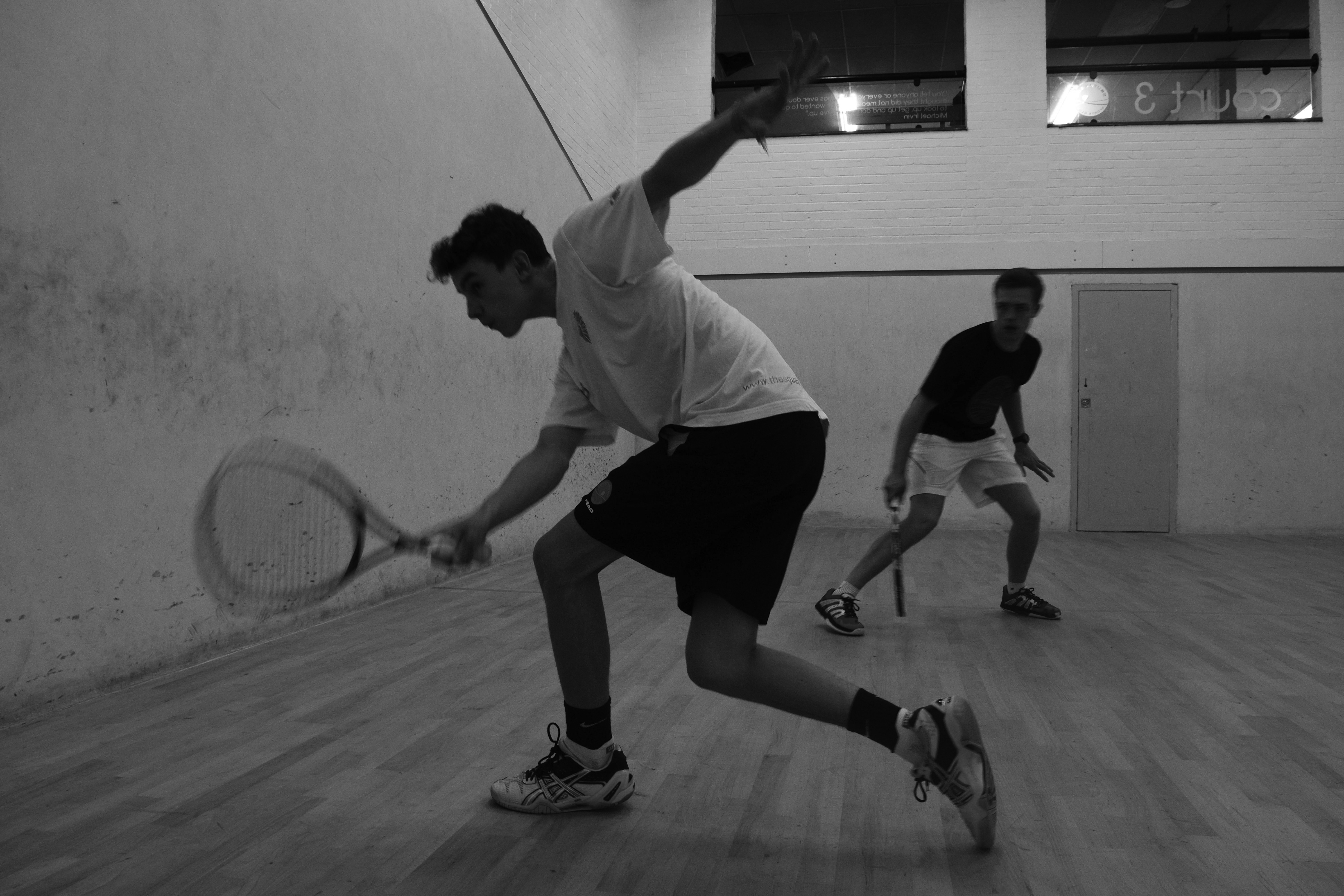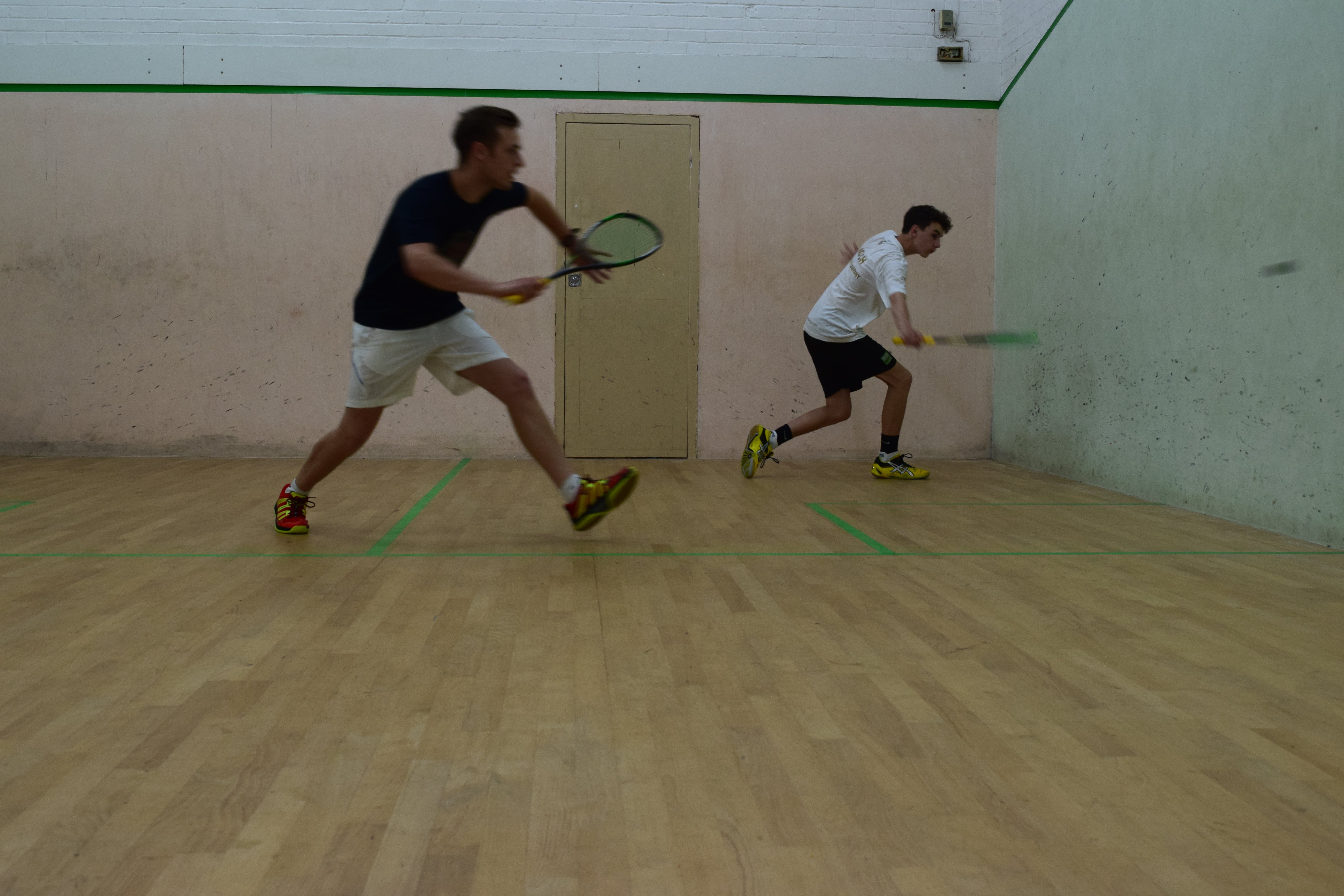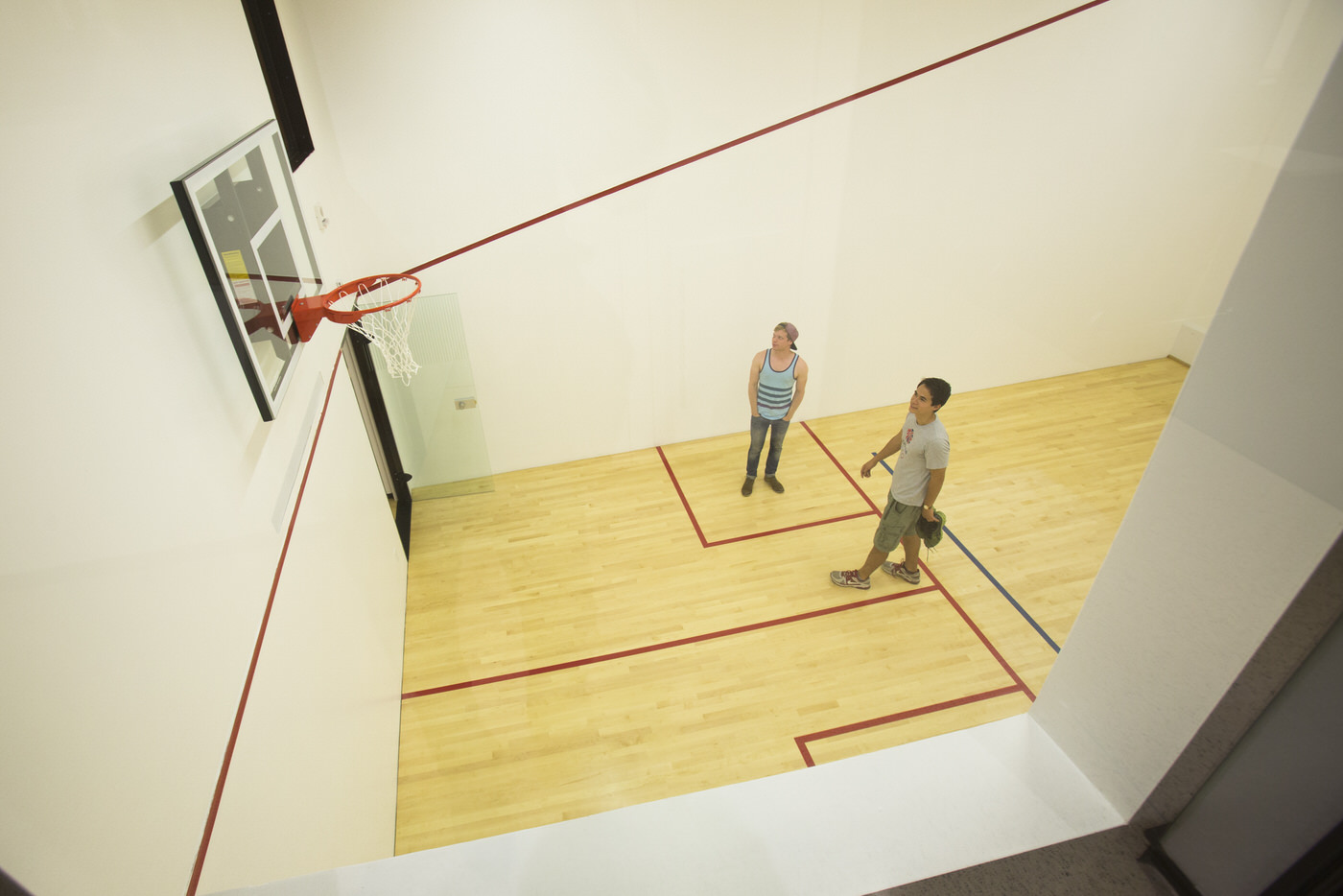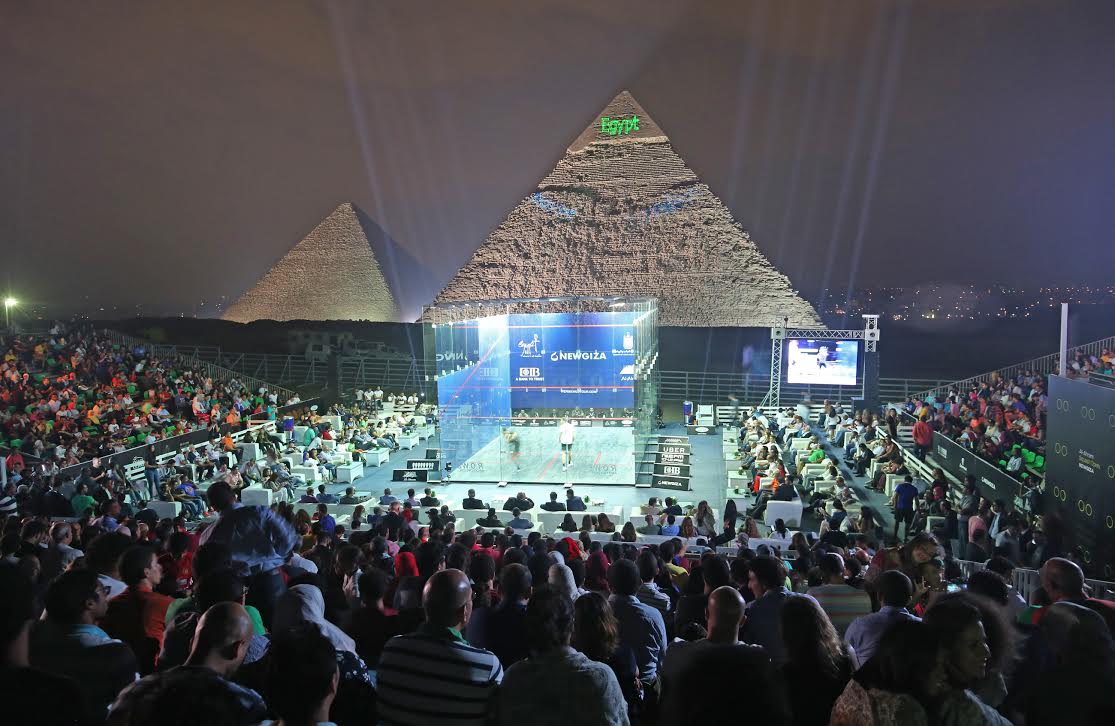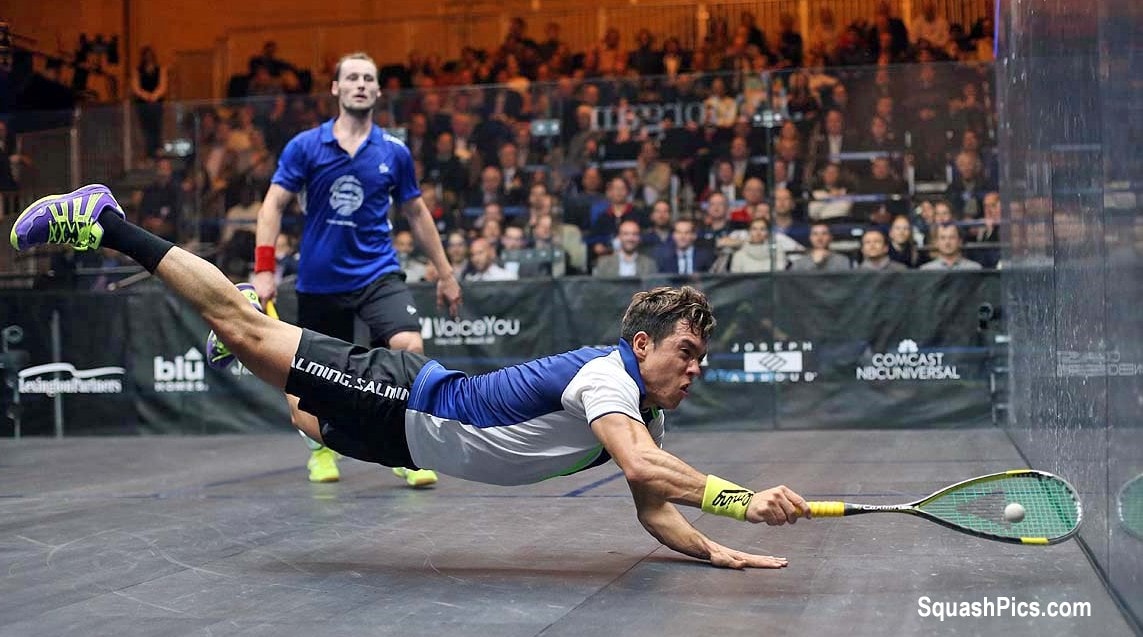How do you win squash matches? If only there was a clear-cut answer you could bottle up. Most victories though do fall into one of three types; technical, mental or physical.
Victories often consist of mixes of two or all three of these things, and often a superiority in one area will lead to a superiority in another, but it is good to have a rough idea of which major area of the game you can earn an advantage over your opponent in.
Beating your opponent technically
A technical victory is where one player’s shots are so superior to the other’s that the receiving player just can’t get in themselves in a position hit shots that will do any damage. Technical victory are most common when there is a huge gulf in class between the two players.
Having been a coach and practiced relentlessly for years, it’s not often I feel out of my depth technically. Sometimes people will tire me out, and I’ll lose shot quality because of that, but it’s rare for me to feel like I just can’t deal with someone’s shots even when I’m fresh. When it happens though, you can just feel helpless.
There was a player who everyone said had the greatest length shots they’d ever seen, and even knowing his reputation it didn’t prepare me for the actual match. I’d never felt so helpless. The ball just didn’t come out of the back corner, or off the back wall. The second bounce was always on the back wall, and so my only option was to intercept the ball before the back wall. This was easier said than done though as his length was also low and very tight, and so quite often my shot wasn’t as accurate as his, leaving him room to use his disguise and attacking shots to increase the pressure on me and win rallies. It was also really hard work trying to intercept his shots before the back wall the majority of the time.
He beat me technically. I wasn’t even particularly tired. I’d had far harder games physically, but I just couldn’t return his shots with the quality necessary to compete with him, and so he beat me fairly comfortably despite me having age, fitness and determination on my side. I could compete in the mental and physical battle, but I just wasn’t able to compete on the same plane as him technically.
If you have great ball control, you might look to beat people through the accuracy of your play and keeping your shot selection very precise.
If you are playing someone who has great control, you might need to try to overwhelm them physically or mentally.
Beating your opponent mentally
Mental victories in squash can sometimes come out of nowhere. It can be hard to gage where the other player is at sometimes – although sometimes they’re making so much noise it is obvious – and you can almost forget that they might be struggling mentally and physically through your own internal struggles.
In a close match, a mental victory might come from avoiding mistakes and rash decisions in the latter stages of games. This comes down to making composed shot choices shots during the important points, and if you’re playing against someone who is agitated and frustrated or tiring, keeping the rally going with simple shots might be the best tactic for a mental victory.
Conversely, if you’re playing someone who is fit and gets the ball back a lot, and isn’t particularly mentally flustered, being a bit braver and going for more attacking shots might be the difference if you are able to win rallies and they are not. This is not just a matter of skill. A lot of players will shy away from playing an attacking shot out of fear even though they are perfectly capable of playing it.
One common form of mental victory comes when one player imposes his style on another. This is most common when an older player is able to dominate a younger, fitter one with high, accurate serves and soft drops and drop volleys.
Beating your opponent physically
A physical victory is one of the most common squash victories at club level. Sometimes it’s blatant with one player clearly falling away in the fourth or fifth game. Other times it’s much more subtle with one player just not able to attack the ball as early as they were in the first game, not playing at the same tempo or able to get their feet in the right place to find the quality of shot needed.
If one player is slightly weaker than the other either technically, starting to lose the physical edge can spell the end, as when you’re playing a skilful player you need to keep your shot accuracy high and this is difficult when you’re tired. Even where players are of similar fitness, one is often wearied by the match more than the other and so finds themselves struggling to compete technically, mentally and physically by the end.
If you’re playing someone who is fit, you might need to concentrate on the accuracy of your shots, your shot selection and your use of disguise, deception and hold.
If you are physically fit, be sure to use this in an attacking sense and not just to retrieve shots. Use fitness and speed to attack the ball high up the court on the volley and to intercept the ball before the back wall.
